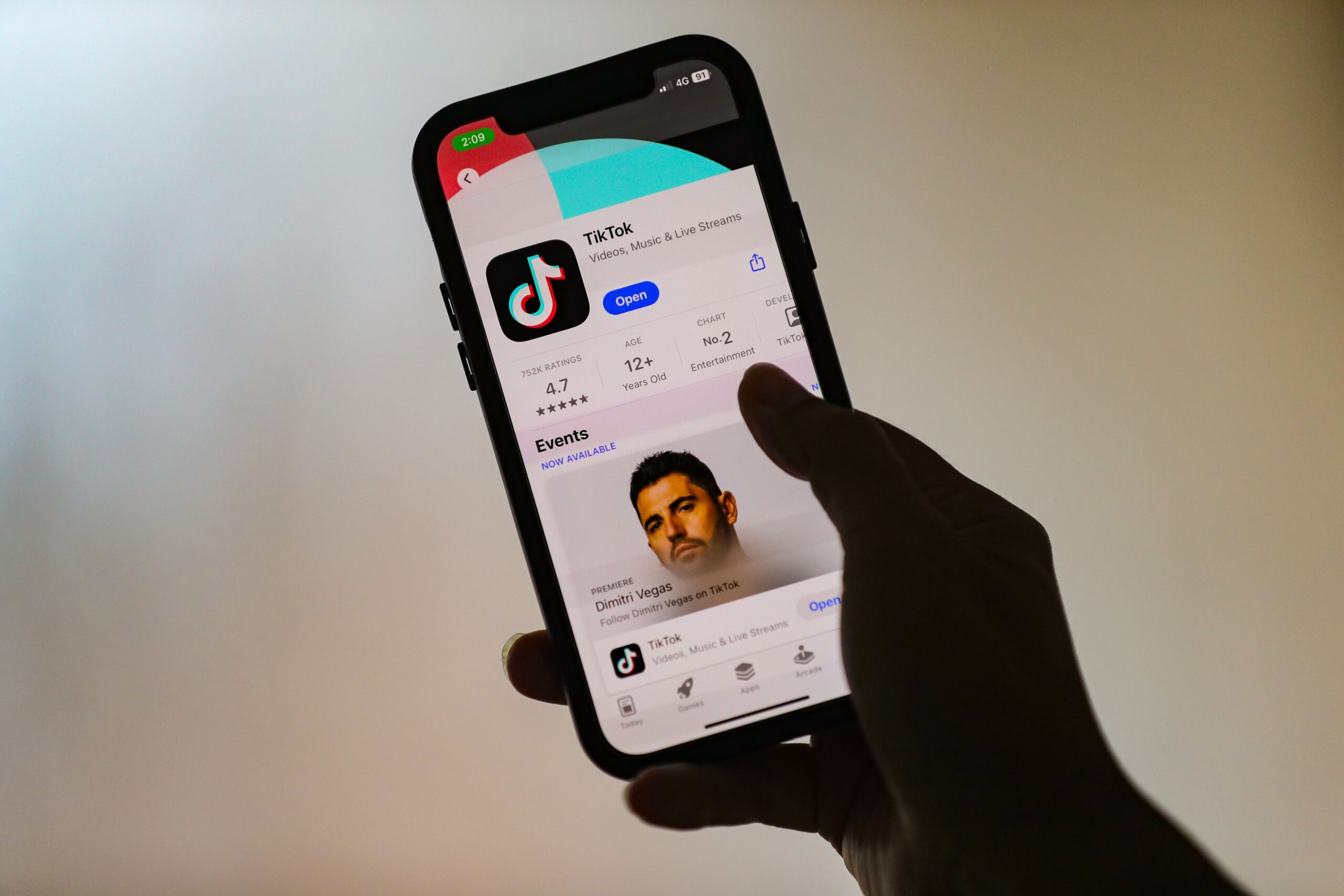
TikTok’s future in the United States hangs in the balance after a panel of federal judges unanimously upheld a law that could see the app banned by mid-January.
The U.S. Court of Appeals for the District of Columbia Circuit rejected TikTok’s challenge to the law, dealing a significant blow to the popular Chinese-owned video app, which boasts over 170 million American users. The looming ban has sparked outrage among free speech advocates and anxiety for creators who depend on TikTok for their livelihoods.
A Critical Deadline Approaches
The law, signed in April, requires TikTok’s parent company, ByteDance, to divest its U.S. operations to a non-Chinese entity by January 19 or face removal from American app stores. ByteDance has argued that such a sale is impossible due to restrictions from the Chinese government, and TikTok claims the law unfairly targets the platform, infringing on the First Amendment rights of its users.
However, the judges dismissed TikTok’s arguments, asserting that the law was “carefully crafted” to address national security concerns. They emphasized that the legislation aimed to prevent foreign adversaries from exploiting TikTok to collect sensitive data or spread propaganda in the U.S.
National Security Concerns vs. Free Speech
American lawmakers and intelligence officials have long warned of TikTok’s potential as a security threat, citing the Chinese government’s oversight of private companies. Critics argue that ByteDance’s ties to Beijing could allow the app to gather data on U.S. citizens or manipulate public opinion, though evidence of such actions has not been made public.
TikTok plans to appeal the ruling to the Supreme Court, with company spokesperson Michael Hughes calling the ban “outright censorship of the American people.” Hughes expressed confidence in a favorable ruling, citing the Supreme Court’s history of upholding free speech rights.
What’s Next for TikTok?
Legal experts anticipate that the Supreme Court may freeze the law temporarily, allowing TikTok to remain operational while the case is reviewed. If this happens, the matter would fall to the incoming Trump administration, which could decide whether to enforce the law or seek alternative solutions.
Attorney General Merrick Garland praised the court’s decision, calling it a vital step in “blocking the Chinese government from weaponizing TikTok.”
For now, TikTok’s fate remains uncertain. If the Supreme Court declines to intervene, the app faces an imminent shutdown in one of its largest markets, leaving millions of users and creators scrambling for alternatives.